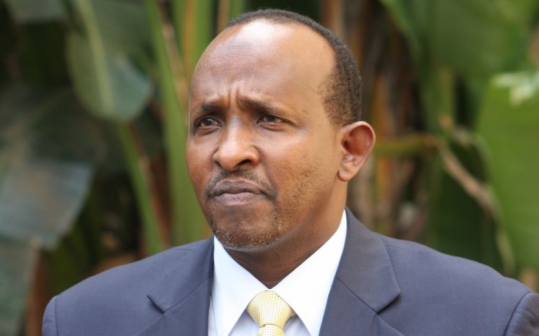
All indicators are that Uhuru Muigai Kenyatta will be validly re-elected the fourth President of the Republic of Kenya on Thursday with a projected 80 per cent first round win and having garnered at least 25 per cent of the votes cast in more than 35 counties.
Despite the fact that the above result will have significantly surpassed the constitutionally defined mandate set at the threshold of 50 per cent+1 of the votes cast nationally with at least 25 per cent from 24 counties; the Opposition NASA coalition seems to believe that their boycott of the election will erode its credibility and the legitimacy of Uhuru Kenyatta as president-elect. This cannot be the case in a country governed by the rule of law that clearly defines the threshold that constitutes a win and thus confers legal mandate upon a winning candidate.